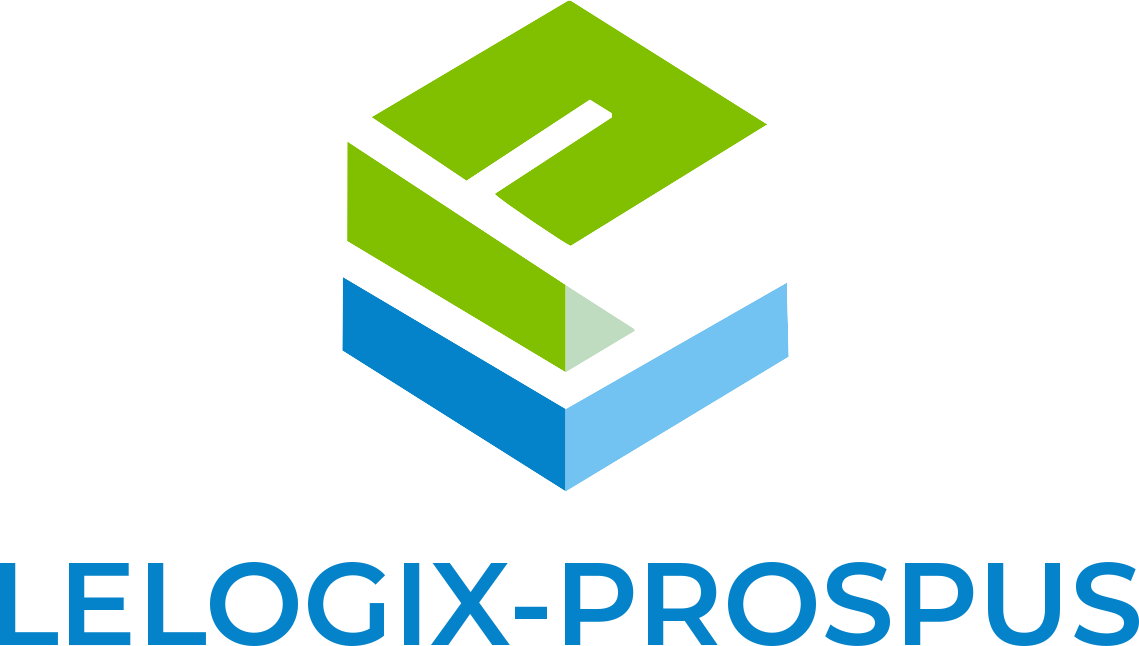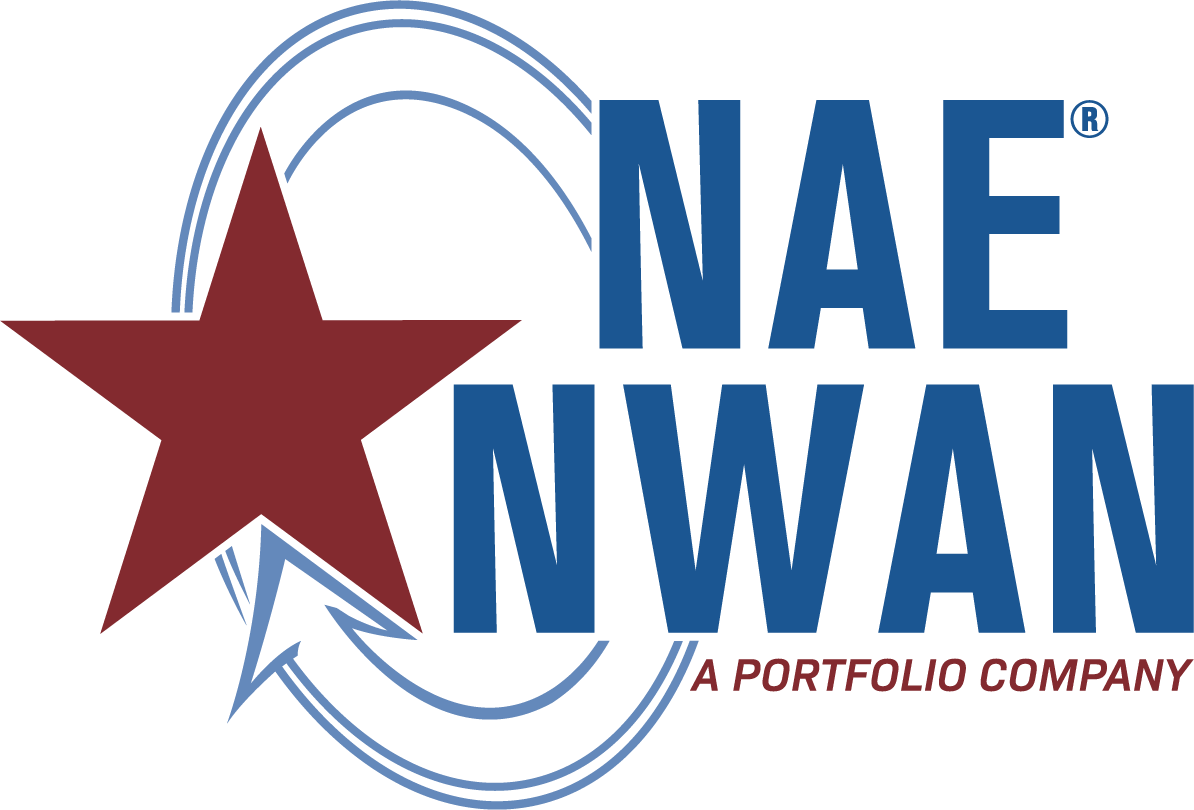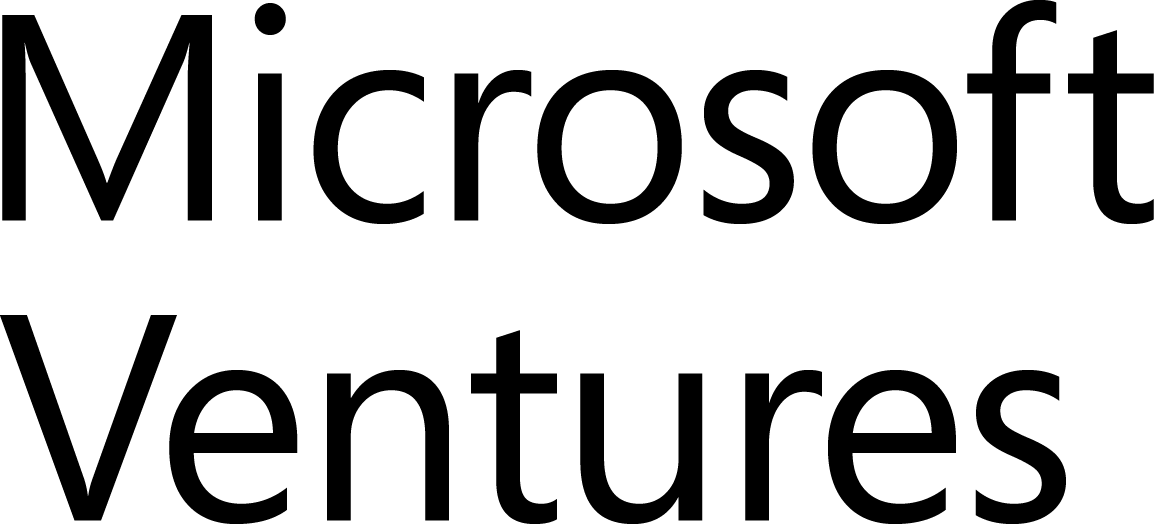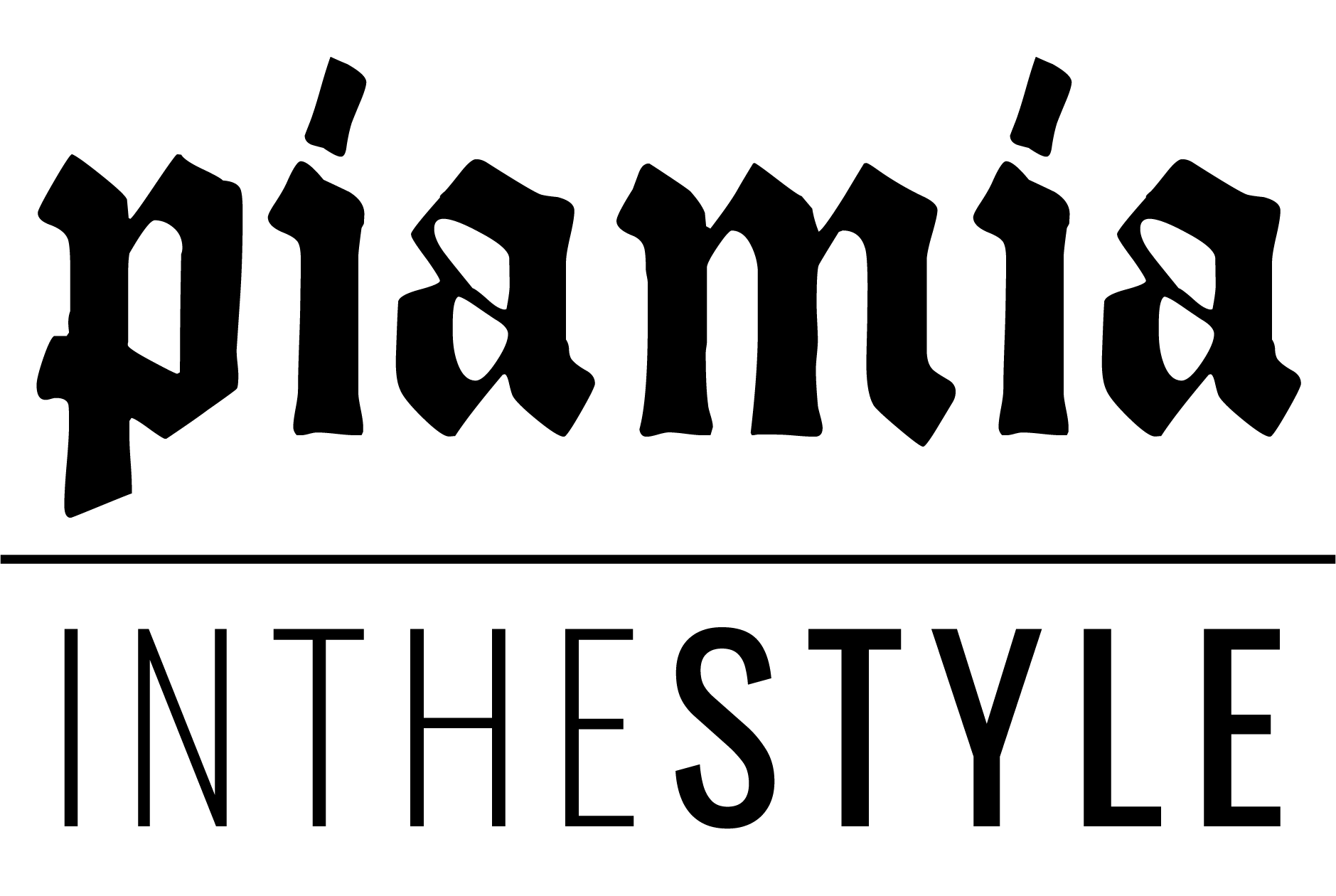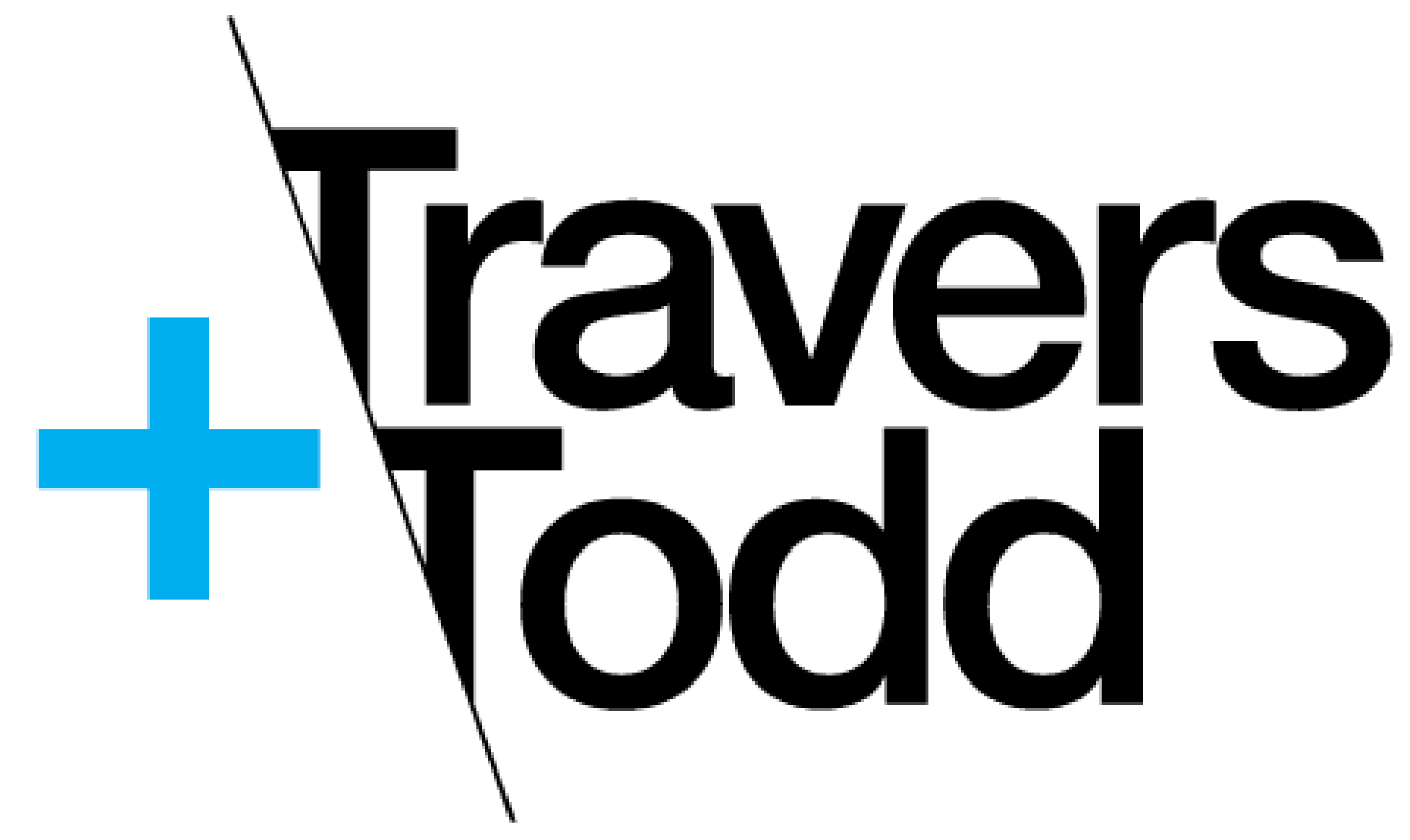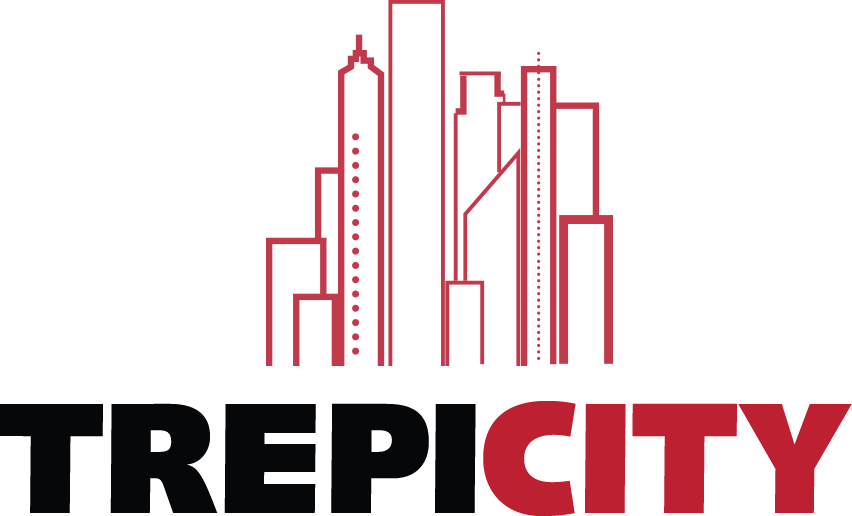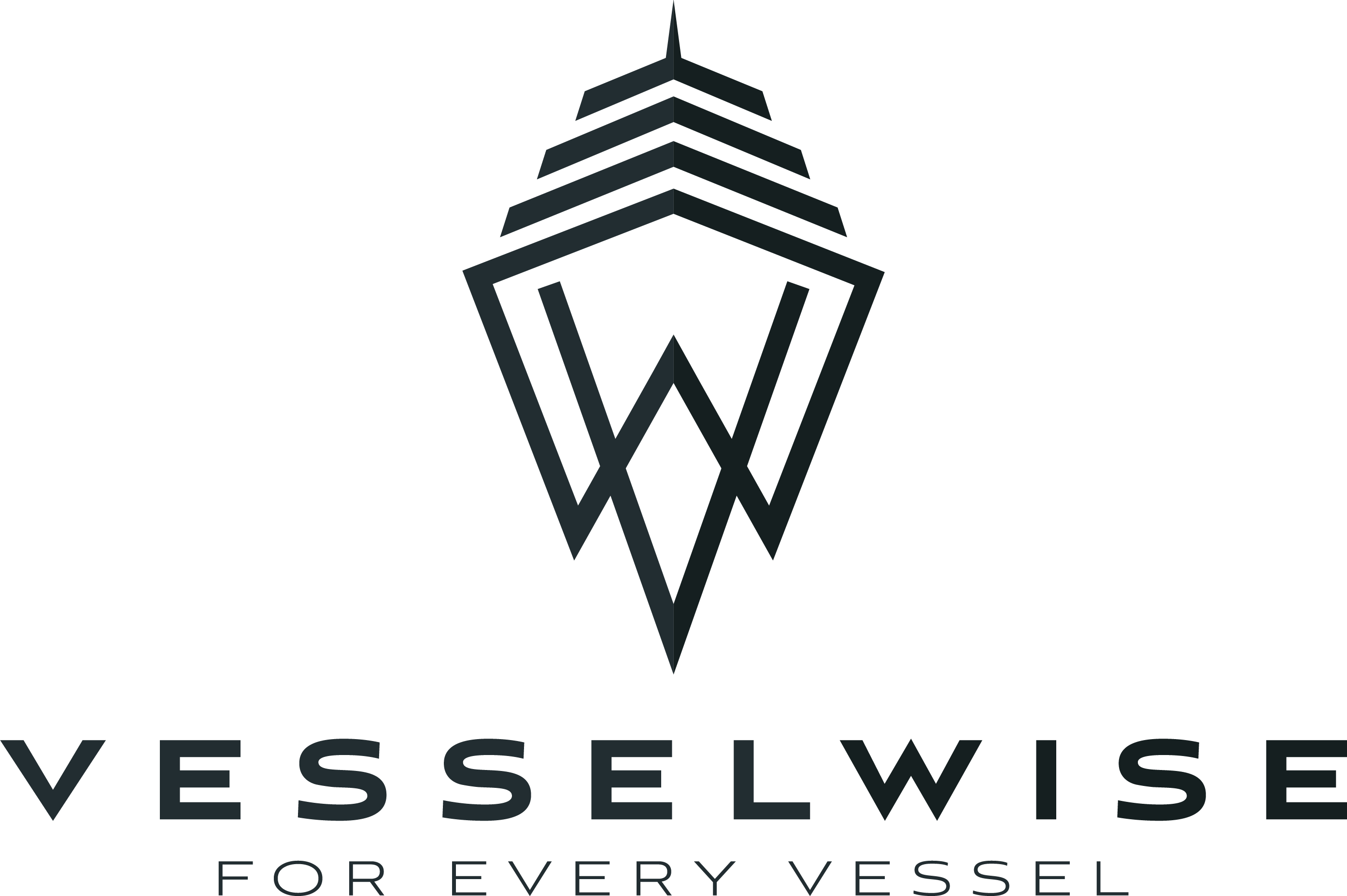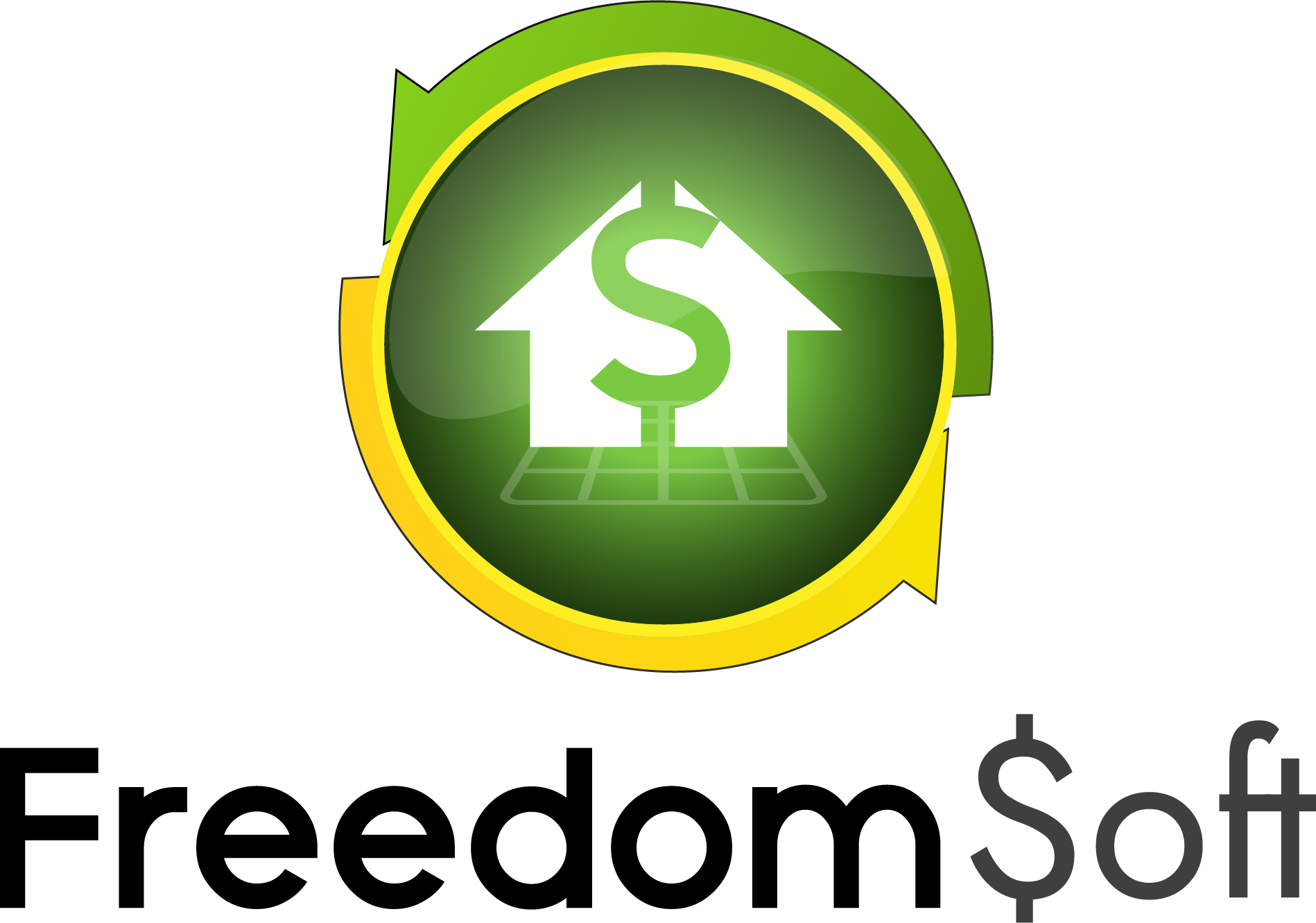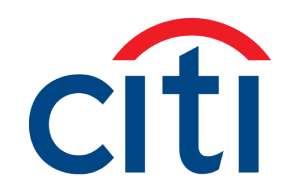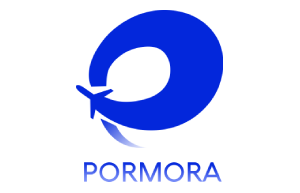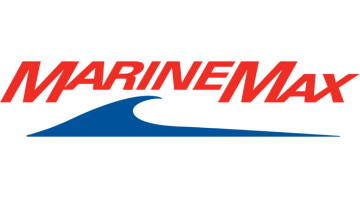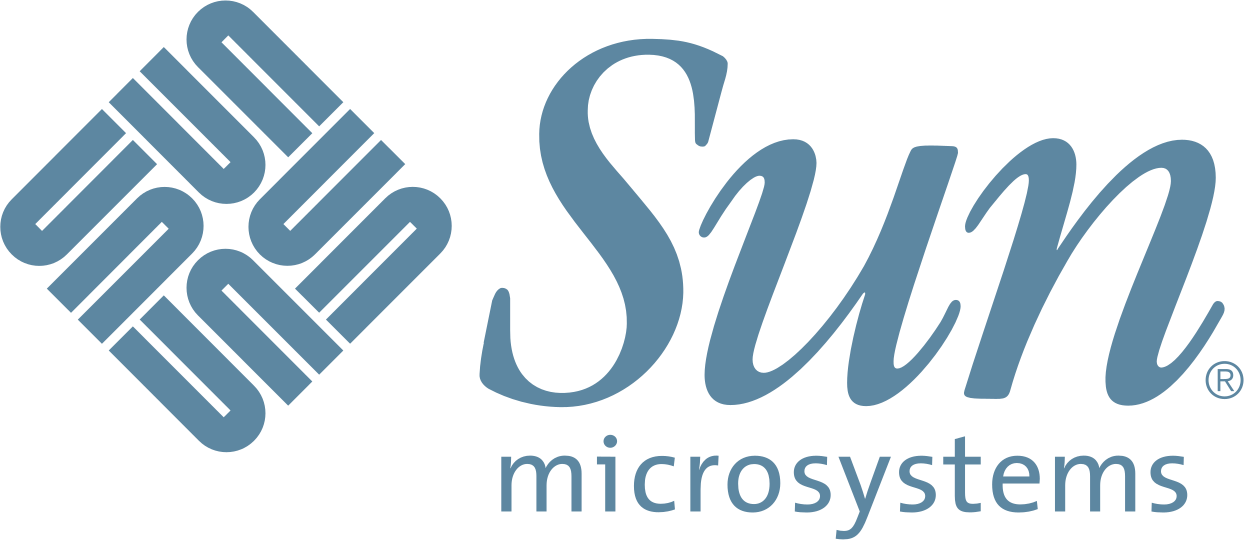In this article, we look to discuss how large corporations, in their quest to own the “next-big-thing: the internet of things” marketplace, may actually pose a threat to its nascent existence.
Background
While the media is talking about the next-big-thing in technology – the internet of things as the next tech invention that would potentially change the way we do computing and interact via the internet – there is still more hype surrounding the talks than real-world acceptance. There is no denying the fact that the tech world is clearly looking at a new horizon. Many disruptive technologies such as augmented and virtual reality, robotics and artificial intelligence, 3D printing, and smart city technologies are showing rapid developments and moving a step forward from mere prototyping. Many new products are hitting the shelves this year, ready for sale. There is innovation taking place all around the Silicon Valley and perhaps many different corners of the world. While large tech giants such as Microsoft, Google, Samsung, and Apple are making investments in leading the way in bringing the next big thing to the computing world, there are also numerous small start-ups coming up with disruptive tech-innovations.
Amidst all the hype and some definitely innovative developments, there is, however, one question that still remains. How much and when will these technologies become part of the real world and form part of our day to day lives – like the traditional PC and Mobiles of today? For a connected world to truly exist and function, how willing will large corporations be to allow their devices to become interoperable and compatible? Will IoT be able to bring things together or face an unfortunate fate owing to large corporations’ personal agenda of ownership of IoT?
Problem
While we talk of a connected world, where billions of devices will interact with each other via the internet, there is one fundamental question that needs addressing: how will these billions of devices overcome the issue of device compatibility and interoperability? Would living and inert things really be able to interact ‘freely’ or would we end up in a world where large corporations would wage a war to own the majority of devices and protocols in the marketplace and have their products monopolize this emerging paradigm? Information is already redundant, and it keeps growing each day. How will this ever-growing data be dealt with? How will the increasing number of uniquely identifiable things be logically managed to create significant and useful interactions with billions of other things?
There are a plethora of concerns surrounding these developments. It makes us think of the time of the 90s browser wars when the dotcom boom occurred. The emergence of web standards in the mid-90s created an ownership strife which is ongoing through today and it serves as a great example of how a few corporations start off with an ownership war, and ultimately, if no one seems to be winning the battle and profitability for everyone goes at stake, they come up with a consortium of cooperation and eventually some set standards emerge amongst the biggest players. This is what the big players will end up doing with the Internet of Things emerging paradigm – and if that occurs, IoT may very well get destroyed even before its very emergence. The objective of IT should be to allow people the freedom to connect with devices they choose to own and in the way, they want to make life easier; not to complicate it, to limit users and to force them to use certain big corporations’ proprietary devices and protocols. If the big corporations are going to be the drivers of this new connected future, then how can we expect any more from them than what we ended up with when they were developing web and browser standards?
Discussion
For IoT to be successful and live up to the promises it presents, there are a few critical issues to address:
The ownership of data and Devices: Data is at the heart of the Internet of Things (IoT). Without connected devices being able to capture, transfer, analyze, report and act on data, the revolutionary benefits of the IoT cannot be achieved.[1} Additionally, for the internet of things to truly change the way we live, interoperability will be of key significance. The question that arises is: who owns the devices and who owns the data? Unless we can establish a unified platform, or are able to standardize the various protocols contributing to the interconnectivity of things, the concern of commercial entities being more interested in their own agenda and ownership remains preeminent.
The need for standardization: For the internet of things to exist, i.e., for billions of things, devices, people, beings and so on to freely interact via the internet, a set standard for protocols will become almost essential for any action of interactivity to take place. And we have already seen that before! When it comes to defining standards, large corporations will only be focused on their own vested interests. IoT may simply bring the internet of billions of connected things that we actually don’t get to choose to manage, control or even own.
The need for a universal UI: Successful execution of the Internet of Things requires consideration of the interface’s usability as well as the technology itself.[2] The increased number of unique interfaces may pose a usability challenge. So these connected devices will need to be not only more user-friendly but also better integrated. With each device requiring the user to learn different interfaces: e.g., for their cars, fridges, microwaves and so on, whether IoT will make life easier for users or just pose a greater challenge in terms of actually getting round to using them becomes a prominent question.
Summary
If large corporations were to take control and have things their way, what can we expect from the Internet of things? For the internet of things to truly transform the way we live, and for it to make our lives intrinsically easier, it has to be largely free and incredibly useful for us to welcome it into our homes, workspace and allow it to touch essentially every aspect of our life. The way big corporations are likely to plan it out, there will be a pay-to-play concept, they are going to erect exclusive gates to promote their own devices and/or protocols and we will end up stuck in their mesh. We will see the same cycle where every company releases supposed IoT products and services, followed by fierce competition and counter-claims, etc. Then large industry players will announce the need for standards, which will be followed by various rounds of cooperation, eventually resulting in loose standards that benefit the biggest players most. Meanwhile, people will end up stuck with various versions of the technology, none of which fully realize the promises made.
Citations
- TaylorWessing.com: “Who owns the data on the Internet of Things?”. http://www.taylorwessing.com/download/article_data_lot.html Accessed: Wednesday, Feb 4th, 2015
- Footnote1: “The Path To A Programmable World“. Littman, Michael, and Samuel Kortchmar. http://footnote1.com/the-path-to-a-programmable-world/ Retrieved 14 June 2014.




